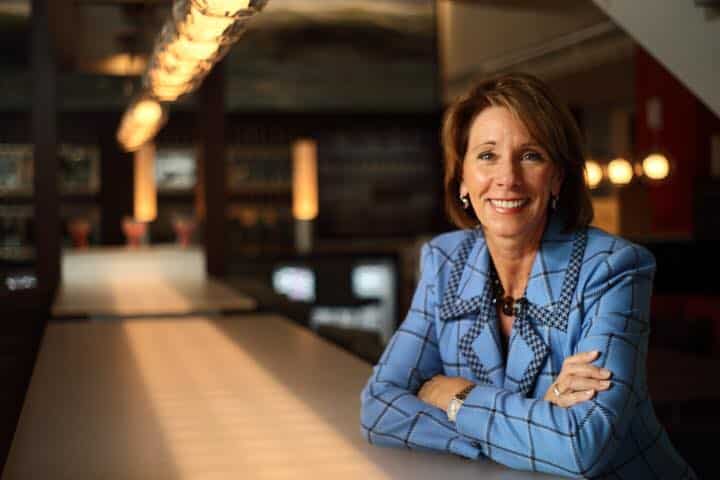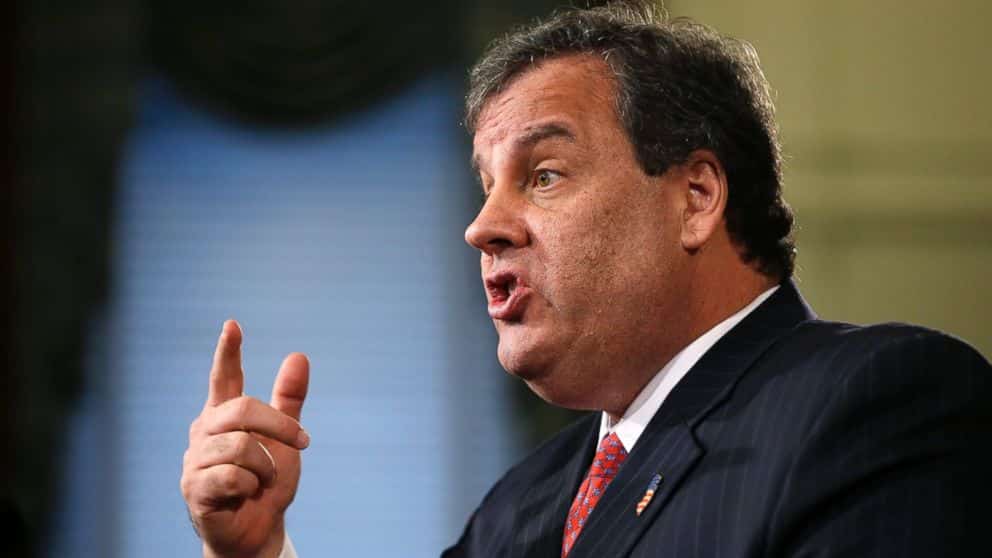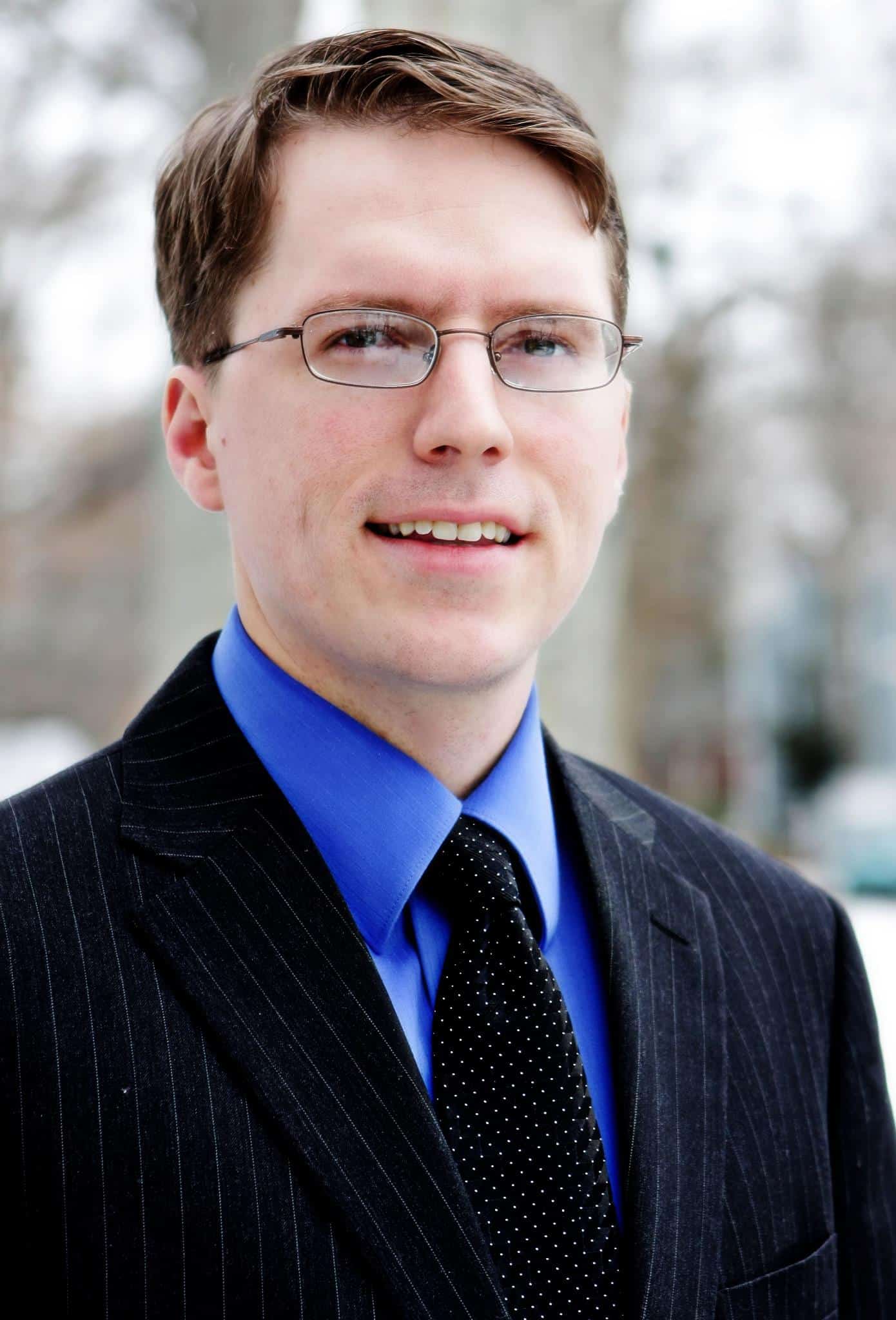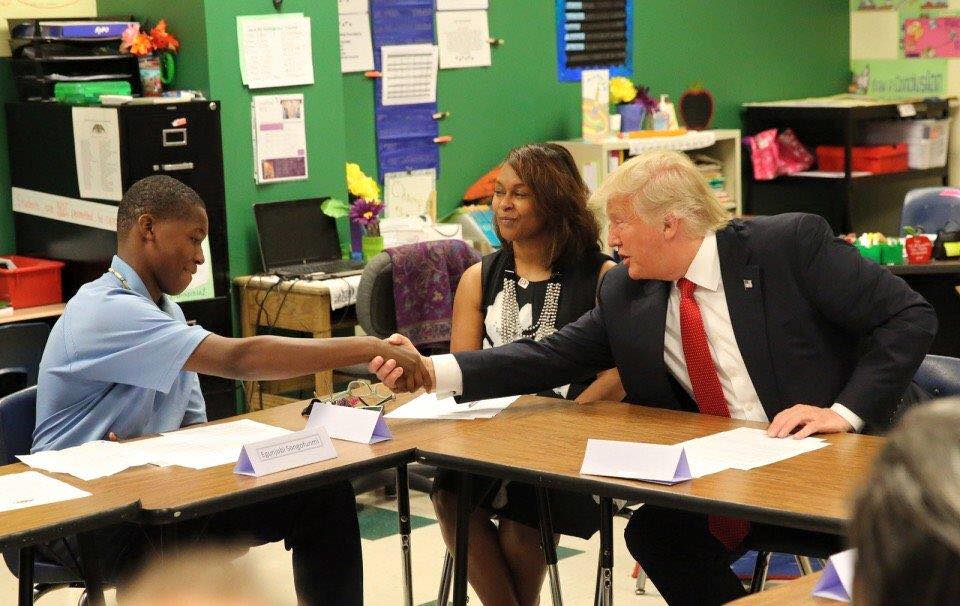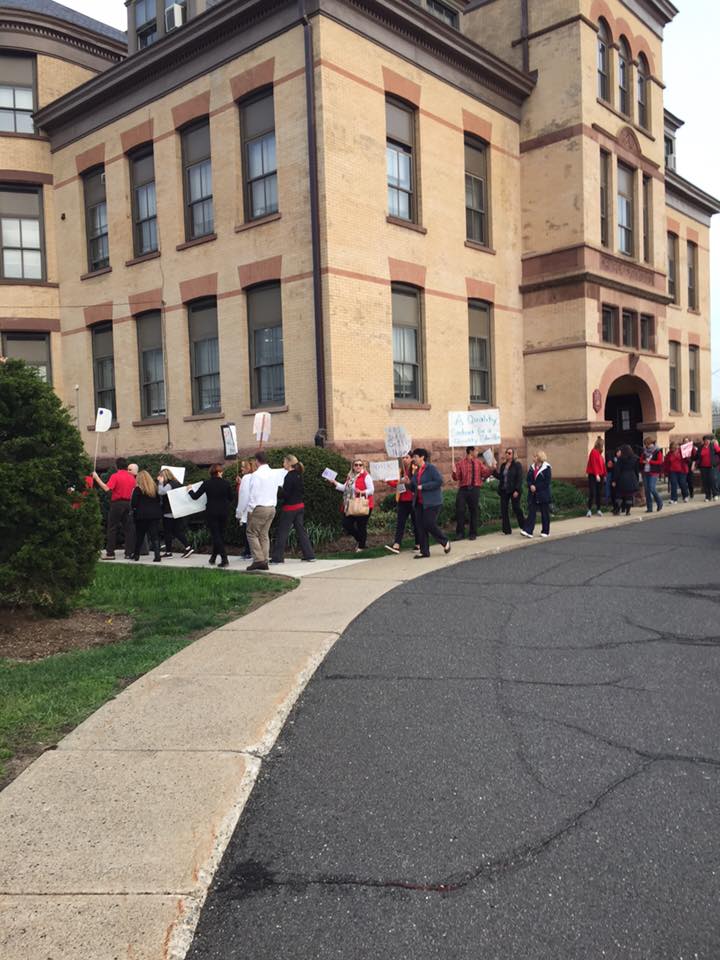
School Choice — Who Opposes It and Why?
1)The leaders of teachers unions(NJEA), though not all of the teachers themselves, see school choice as a threat to their “virtual monopoly on education.”
2)Other critics of school choice think that it violates the First Amendment’s clause separating church and state, because some religious schools can end up receiving taxpayer funds.
5 Myths About School Choice
To help you better understand the ongoing debate, we want to dispel some common myths about school choice. But first:
What is school choice?
School choice isn’t just about charter schools. It refers broadly to a range of options and policies which provide alternatives to public school, including but not limited to publicly funded charter schools, magnet schools, school vouchers, and tax credits.
The goal of school choice is to improve student outcomes by giving parents a wider range of educational options and find what works best for their children.
Myth #1: School choice promotes inequality.
Opponents of school choice believe that increasing choices will benefits mostly middle and upper class families, leaving low-income students stuck in failing public schools with dwindling resources. They believe parents, if given a choice, won’t want to send their kids to school with minority or low-income students, and that increased choice will lead to increased segregations.
Fact: Public schools are already segregated; charter schools see increased diversity.
Under the current public school system, the school you go to is determined by where you live. What happens under this system is that higher-income households move to communities with other high-income families and better schools, while low-income families who can’t afford to move are stuck with the local public school. The segregation of race and income in public schools is a direct result of this self-segregation in housing.
School choice programs can create more diverse schools by overcoming this location-based segregation. Indeed, research shows that school choice programs create to more integrated, less segregated schools.
Myth #2: School choice harms public schools.
Opponents worry that school choice programs will harm public schools by diverting away much-needed funds, and forcing public schools to compete with other alternatives.
Fact: Losing students can help public schools, and so can competition.
There are several assumptions in this argument: 1. That losing students will cost public schools money, 2. That losing money will lead to a decline in school quality, and 3. That competition is harmful to public schools.
First, while public schools may lose money when students leave, the money lost may be less than the cost of educating the student, leaving more resources to educate the remaining students.
Second, more money doesn’t always lead to better outcomes. For many schools, budget concerns are less about how much money they have, and more about how that money is spent.
Finally, research shows that competition improves performance in public schools. When public schools are forced to compete, they have to show improvement in order to keep students and resources. When there are no alternatives to public schools, there is no incentive to prioritize student-focused improvements.
Myth #3: School choice is bad for teachers.
Opponents of school choice argue that holding teachers accountable by measuring their students’ performance on standardized tests punishes teachers and does nothing to improve the quality. They also argue that more charter schools, whose teachers are often non-unionized, harm the teachers unions, and by extension teachers.
Fact: School choice is good for teachers.
While it might be unfair to punish teachers for poor test scores when outside factors like poverty and lack of funding affect student performance, it is also unfair to students to keep poor-quality teachers employed.
It can be very hard to fire bad teachers in public schools. When budget cuts require layoffs, tenure rules can protect older, less competent teachers, while newer, more competent teachers are let go. Increased school choice means more options, not just for students, but also for teachers.
Myth 4: it doesn’t empower parents.
While the goal of school choice is to provide families with more educational options, opponents argue that through school choice, parents actually have less power to control their children’s education. Without parent-teacher associations at charter or private schools, parents would have less direct influence over school policy. Meanwhile, opponents express concern that parents aren’t equipped to consider all the different educational choices available and determine what’s best for their children.
Fact: Parents get to choose what’s best for their children.
In a public school system, parents might be able to influence some policies at their child’s public school—but if they can’t, or that school doesn’t have the resources their child needs, they have no other options.
Parents know their children’s education needs best, and school choice empowers parents to pick the option that’s best for their them. Indeed, when asked, most Americans favor some form of school choice.
Myth #5: School choice doesn’t work.
Opponents argue that charter and privates schools perform no better than public schools. This myth often refers back to Myth #2, saying that if charter and private school don’t perform better than public schools, then they shouldn’t be allowed to divert resources from them.
Fact: School choice improves outcomes across the board.
School choice improves educational outcomes for those in choice programs, but it also improves educational outcomes of the public schools which compete with alternative educational choices.

